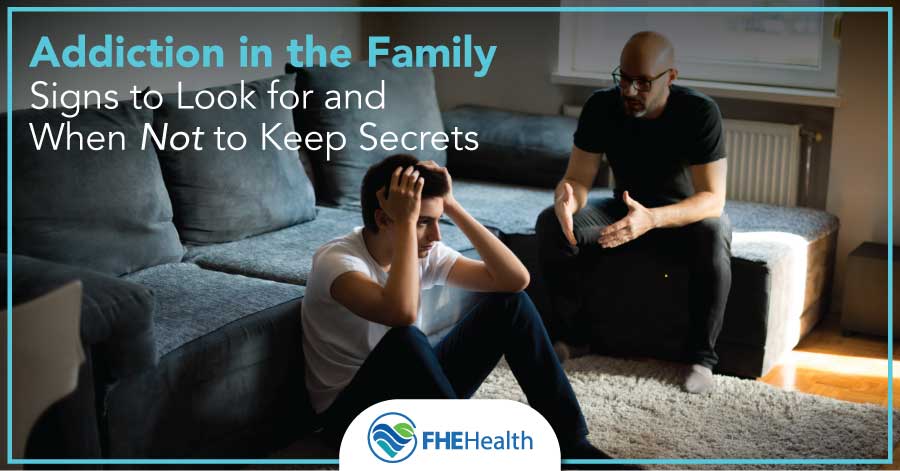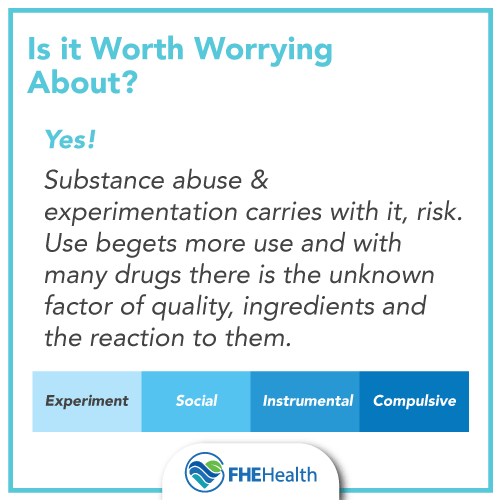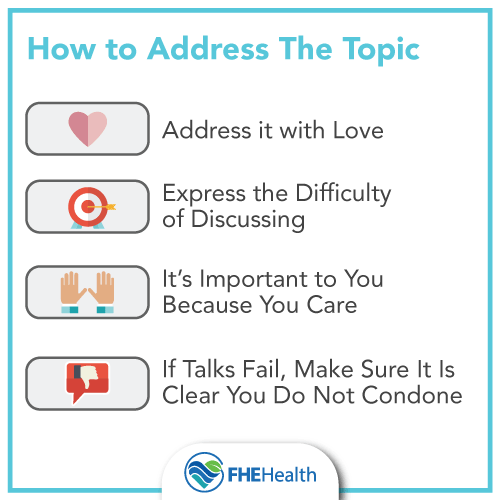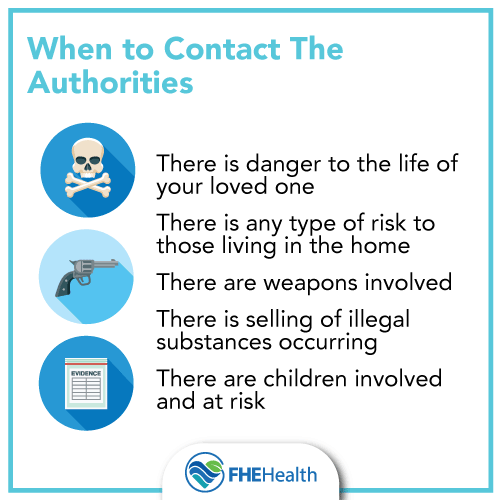
A family member you value hasn’t acted like their normal self for some time. One day, you visit their home, find out that they are using a lot of painkillers and question them. Your loved one, perhaps someone you’ve known for years, says they’ve suffered from pain from an old accident or injury. They say they use the painkillers like the doctor says, but you know it’s not the case, “I think my friend is addicted.” Now what?
Substance abuse disorders are disheartening, and they can be life-threatening. There’s no gentle way to put it. Substance use carries with it both short-term and long-term effects. In some situations, individuals who seem to be “normal” are battling a complex addiction. There is also no right or wrong answer about what your next step is. However, there is some support available to help you make the right decision.
Why You Should Be Worried
 It’s important for individuals who are battling an addiction to know what they are facing. Yet, sometimes, we, as family members and friends, don’t have a clear picture of what the risks are. Painkillers seem to be okay; after all, the doctor prescribed them. Yet they can lead to opioid addiction.
It’s important for individuals who are battling an addiction to know what they are facing. Yet, sometimes, we, as family members and friends, don’t have a clear picture of what the risks are. Painkillers seem to be okay; after all, the doctor prescribed them. Yet they can lead to opioid addiction.
Illicit drugs, such as heroin and even marijuana, can be addictive as well. In some situations, these drugs are even more worrisome because they are not manufactured in a regulated environment, but instead with a wide range of substances in them. That can put your loved one at a higher risk for a toxic, life-threatening situation.
Just as it may seem frightening to you to come to grips with this, it may be just as scary for your friend or family member. In many situations, they physically cannot stop on their own, even if they think they can.
How to Help Someone Stop
It’s up to you to do what is right for your situation. Yet, when you see a friend with an addiction, you also have to consider your personal responsibility in helping that individual. It’s not easy, but your help now may save their life.
Although you may be tempted to look the other way, the reality is that drug use is deadly. The U.S. Centers for Disease Control and Prevention report that 70,237 people died in 2017 from drug overdoses. Opioids specifically were involved in 47,600 overdoses, including painkillers. With this clear risk present, what can you do?
Address It with Your Loved One
The very first step to take is to address what happened with your loved one. Do this only if you feel it’s safe for you to do so. If you fear any type of aggression or backlash that could put you in harm’s way, don’t do it.
Tell your loved one just how uncomfortable it is for you to even bring up this topic. In some situations, that in itself shows them that you are serious, scared and worried enough that they should pay attention.
To be blunt, no matter how uncool or not normal it is for you to approach this individual to discuss this situation, consider this: If it wasn’t important to you and wrong in your mind, you would not be reading this article. It is worth addressing with them on a one-on-one basis.
Remove Yourself from the Situation
 Here’s a common question, “How can I help my friend? I’ve already said something, and nothing has changed.” You did it. You stuck your neck out and potentially ruined a friendship, but you said what you needed to. The problem is, they are still using.
Here’s a common question, “How can I help my friend? I’ve already said something, and nothing has changed.” You did it. You stuck your neck out and potentially ruined a friendship, but you said what you needed to. The problem is, they are still using.
In this situation, you need to take the next step, perhaps one of the hardest. You need to remove yourself from the situation. Many times, we remain in relationships and make excuses for the individual using drugs. You expect them to change, but they will not. You may even be helping them with money or bailing them out of jail because “that’s what friends do.”
If you want them to truly take you seriously, you need to remove them from your life. By not doing so, you are endorsing their behavior and even encouraging it. Instead, step away.
Tell Those Who Ought to Know
Perhaps you are at the point where nothing seems to be working, but you know your friend is in real need. Who should know about this that does not? Does their parent know what they are doing right now? What about a spouse, brother or sister? Who is the individual in this world that is closest to your loved one?
In some situations, you may want to talk to the individual using and let them know you are going to tell someone else in their life. They beg you not to do so. Yet it is worth confronting them if your loved one continues to use.
When Should You Contact the Authorities?
There are some situations in which it is best for you to reach out to the police for immediate help. Do not hesitate to do so in situations such as:
- There is danger to the life of your loved one
- There is any type of risk to those living in the home
- There are weapons involved
- There is selling of illegal substances occurring
- There are children involved and at risk
In some situations, contacting the police is the best decision not just for you but also for the individual. In many states, new programs are in place to help people who are facing addiction get the help they need instead of jail time.
When They Won’t Listen
 Interventions may be an option. It may be possible to inform the authorities of the presence of illegal substances. Yet, even in these situations, some people just will not change. It is very common for those with a substance use disorder to write off all of these concerns. Remember, their body and brain are dependent on this substance.
Interventions may be an option. It may be possible to inform the authorities of the presence of illegal substances. Yet, even in these situations, some people just will not change. It is very common for those with a substance use disorder to write off all of these concerns. Remember, their body and brain are dependent on this substance.
When you are at this point, provide them with a path. Let them know you will help them and support them if they enter detox and rehab. Let them know where they can get the help they need when they are ready. Do not enable them in any way. Step out of their life.
Often, the only conclusion in this situation is for you to walk away and for them to come to the decision to change on their own. It’s quite difficult but sometimes the only thing you can do.
Seek Out Help and Support at FHE Health
Our addiction treatment team is available 24/7 to help you and your loved one. If you need to know your options or you want to seek out a place for your loved one, contact our team at FHE Health now. Our counselors are available to answer your questions in confidence and provide you with solutions and steps you can take. Call (833) 596-3502 for an immediate support team.






